I tried to watch the debate last night. Really, I tried. But halfway through I gave up. A good friend of mine, now a citizen of the United States, born and raised in Ivory Coast, Africa, suggested to me that I should listen to the presidential debates as part of being an informed citizen. So I decided to make the effort.
However, this was a debate like no other. In fact it was not a debate, it was a debacle. All it did for me was to graphically illustrate why we desperately need a change in leadership. Bullying and blustering are not debating. Lying and talking over others is not debating. It felt as if our president was saying to himself, “How low can I go? I’ve got nothing to offer so I’m going showboat, lie, obfuscate, and dominate.”
As so often happens when I am experiencing something upsetting, by the time I turned the debate off my stomach was roiling, the headache I had at the beginning of the debate was now throbbing, and my hope for humanity had plummeted.
So now I’m done talking about the debate. It’s simply not worth my peace of mind to dwell on it. Instead I’d like to share an
An Inspiring Quartet of Books
that have come into my life this week.
Each book in it’s own way is fascinating me but also they somehow feel like they fit together in a synergistic way.
As chance would have it, each book was either serendipitously recommended to me by a friend, or showed up in references from other books I was reading. It’s an interesting assortment that I would never put together on my own, but somehow I feel as if they are meant to be read together.
I read a chapter or two of one of them, then a chapter of another and so on and somehow each book informs my understanding of the others.
First Book
The first book, recommended by my good friend who immigrated to our country as a young man, is Caste: the origins of our discontent by Isabel Wilkerson. In the book Wilkerson describes a two-tier caste system, dominant or white and subordinate or non-white. Early in the book she tells the story of Martin Luther King visiting the city of Trivandrum in the state of Kerala, India. There he visited high school students whose families had been Untouchables. The principal introduced King with these words:
“Young people,” he said, “I would like to present to you a fellow untouchable from the United States of America.”
— Isobel Wilkerson, Caste
King was shocked and upset that he had been referred to as “untouchable.” But as he began to think about it he realized that the “Land of the Free had imposed a caste system not unlike the caste system of India and that he had lived under that system all of this life.”
A caste system is an artificial construction, a fixed and embedded ranking of human value that sets the presumed supremacy of one group against the presumed inferiority of other groups on the basis of ancestry and often immutable traits, traits that would be neutral in the abstract but are ascribed life-and-death meaning in a hierarchy favroing the dominante caste whose forebears designed it. A caste system uses rigid, often arbitrary boundaries to keep the ranked groupings apart, distinct from one another and in their assigned places.
— Isobel Wilkerson, Caste
I’m not sure where this book is going to take me but I find that looking clearly at how we got to where we are is important. Seeing and understanding what has been invisible to me for too long is an important part of confronting the issues we face.
Second Book
I discovered the second book when it was referenced by another book I was reading (Me and White Supremacy by Layla F. Saad). It’s called All About Love: New Visions by bell hook. This book tells of hooks’ search for the meaning of love and for love itself.
… our hope lies in the reality that so many of us continue to believe in love’s power. We believe it is important to know love. We believe it is important to search for love’s truths. In an overwhelming number of private conversations and public dialogues, I have given and heard testimony about the mounting lovelessness in our culture and the fear it strikes in everyone’s heart. This despair about love is coupled with a callous cynicism that frowns upon any suggestions that love is as important as work, as crucial to our survival as a nation as the drive to succeed…
Only love can heal the wounds of the past. However, the intensity of our woundedness often leads to a closing of the heart, making it impossible for us to give or receive the love that is given to us. To open our hearts more fully to love’s power and grace we must dare to acknowledge how little we know of love in both theory and practice.
— bell hooks, All About Love
This book reminds me of the song, “What’s love got to do with it?” And for me the answer is, everything. Until we can learn to heal our own wounds and begin to understand that “love is a verb” (Stephen Covey in 7 Habits of Highly Effective People), we cannot address the problems of our world. She references Peck’s definition of the word “love”—”the will to extend one’s self for the purpose of nurturing one’s own or another’s spiritual growth… Love is as love does. Love is an act of will—namely, both an intention and an action.”
Third Book
Unfortunately I cannot remember where I first saw the third book referenced. It is Plant Intelligence and the Imaginal Realm: Beyond the Doors of Perception into the Dreaming Earth by Stephen Harrod Buhner. I wasn’t sure what to expect from this book when I put it on reserve at the library. But it I think I first heard it referenced in a book about the intelligence of trees. and other plants. I thought it might be full of woo-woo ideas (which I often am interested in despite their woo-ishness). I am finding it to be a dense read about how our brains gate perception and how one might open those gates of perception through known paths
What you intend when you approach something in the world determines, to varying extents, the degree of sensory gating that occurs as you perceive that phenomenon. Intent, task demands, cognitive template, and gating defaults all affect what you sensorally perceive when a part of the exterior world and you meet. More colloquially, all of us see what we expect to see.
and this is true even of scientists…
just because they know how to use a hammer
does not mean they can use it well
it is not the tool that is crucial to the art
but the ability of the craftsman
Nevertheless, the perceptual frame can be changed. The amount of sensory input that is being gated can be altered simply by the desire to do so—though specific actions are necessary to carry out that desire.
— Stephen Harrod Buhner, Plant Intelligence and the Imaginal Realm
I have not read enough of this book to understand how it relates to the other three books. But I know that how we approach what is going on in our world right now (including climate crisis, political turmoil, and pandemic, demands for racial justice) as Einstein suggests require a new kind of thinking.
Opening the gates of perception may be one way to imagine our way into a new story.
Fourth Book
And the fourth book in this quartet of non-fiction books is by a complexity science author that I’ve read and followed for years. It is Who Do We Choose to Be?: Facing Reality, Claiming Leadership, Restoring Sanity by Margaret J. Wheatley. In this book Wheatley claims that we are experiencing the decline of our civilization. She posits that large-scale actions cannot save us at this time. The only sensible course is to create what she calls “Islands of Sanity” through leadership.
This is a book that offers a path for leaders to engage well and sanely with the destructive dynamics of this time that now manifest at every level, from individual to organizational to global… We seek to understand the forces at work that created this present world, not the one we have spent long years laboring to create, but a world that increasingly harms most and benefits scant few, a world stubbornly spiraling toward self-destruction.
Many of us feel that we have no choice but to protect ourselves from the increasing harshness and horrors of this world by withdrawing, staying busy with minor tasks, suppressing emotions of despair, grief, powerlessness. Some seek comfort by denial, creating personal bubbles to shut the world out. But the desperate effort that goes into withdrawal, suppression, and denial robs us of the very energy we need to be good leaders. The energy now spent on self-protection can be converted into positive energy if we’re willing to encounter reality and see it clearly. Facing reality is an empowering act—it can liberate our mind and heart to discern how best to use our power and influence in service for this time.
— Margaret J. Wheatley, Who do we choose to be?
I found Meg Wheatley’s description of the stages of civilization and the breakdown of civilization eye opening. Despite the fact this view seems quite pessimistic, I found it refreshing to hear someone say: This is what is happening. If we do not recognize it, let ourselves feel our grief, and then begin to respond in life-affirming ways, we cannot help anyone through this crisis.
How do they fit together?
My short answer is, I’m not sure yet how they fit together, only that I have this feeling that together they answer questions I have been asking myself lately. When I finish reading all of them perhaps I’ll write another blog post about what I personally learned from them.
All of these books are available from the Hennepin County library, though there are long waiting lists for most.
May you walk in beauty.
Here are some dahlia photos that I made today.
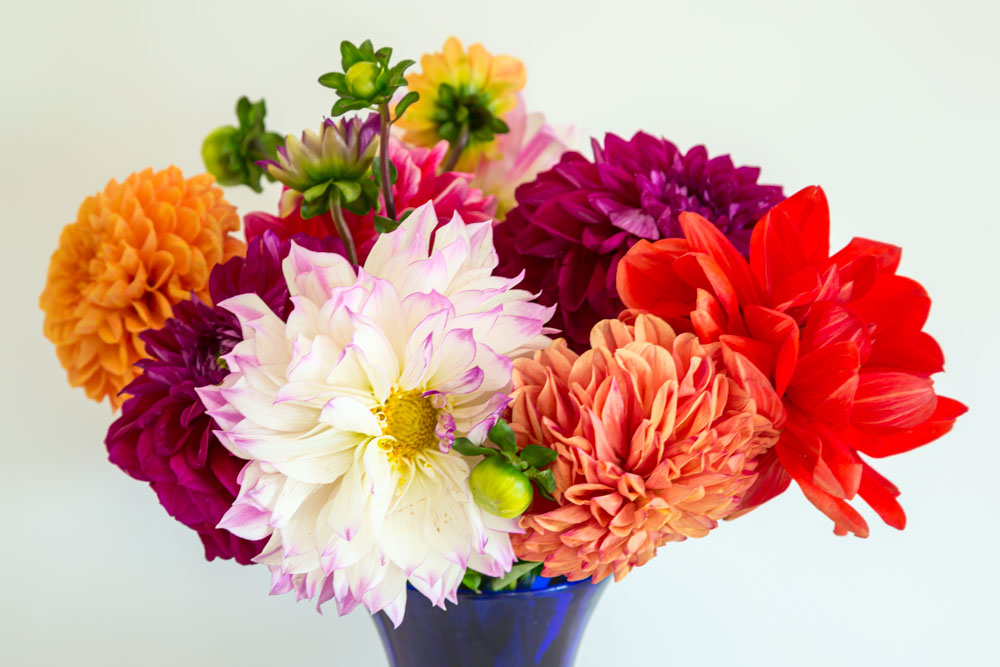
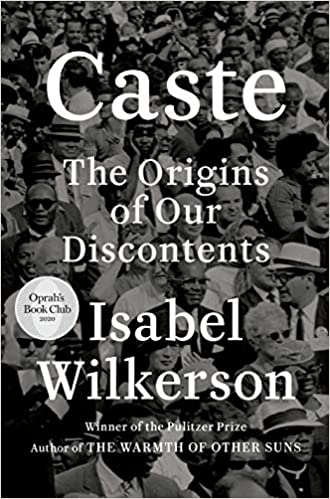
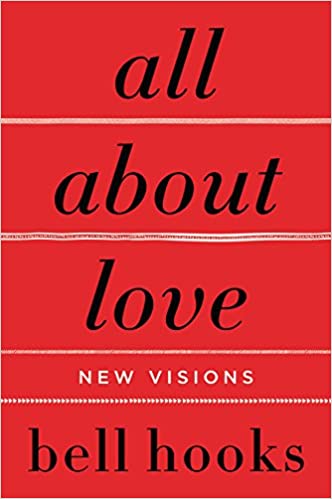
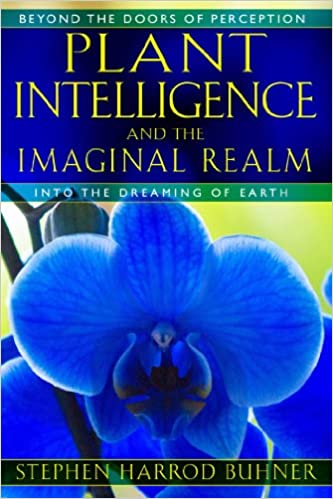
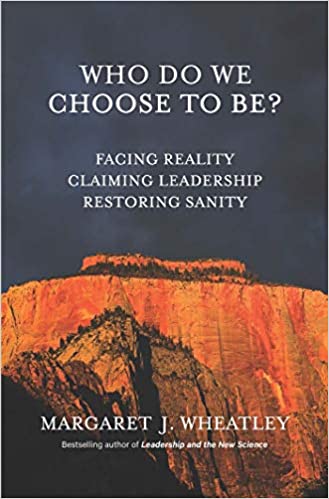
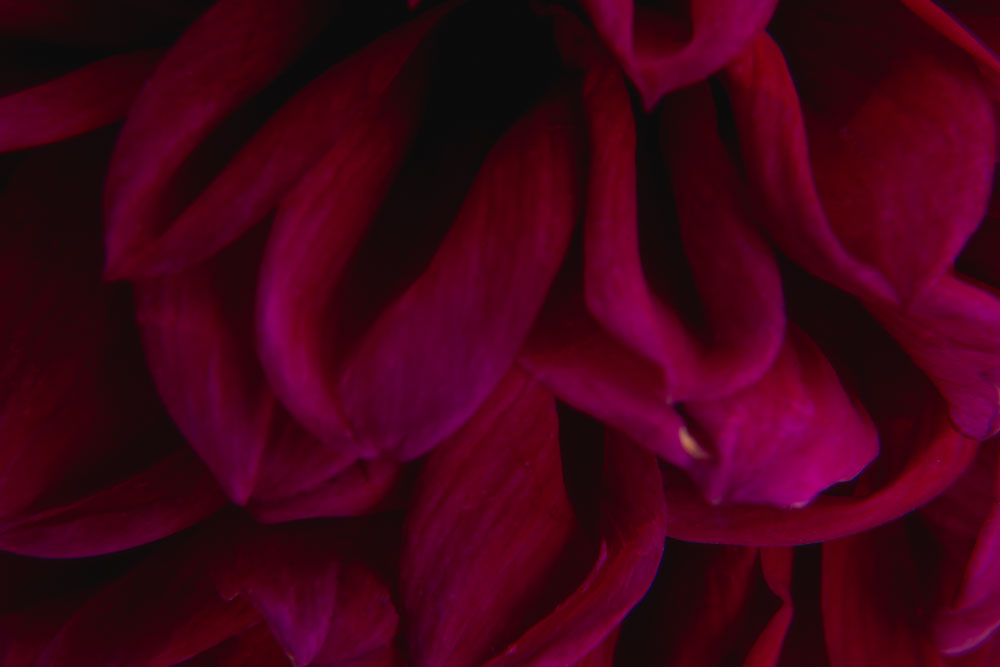
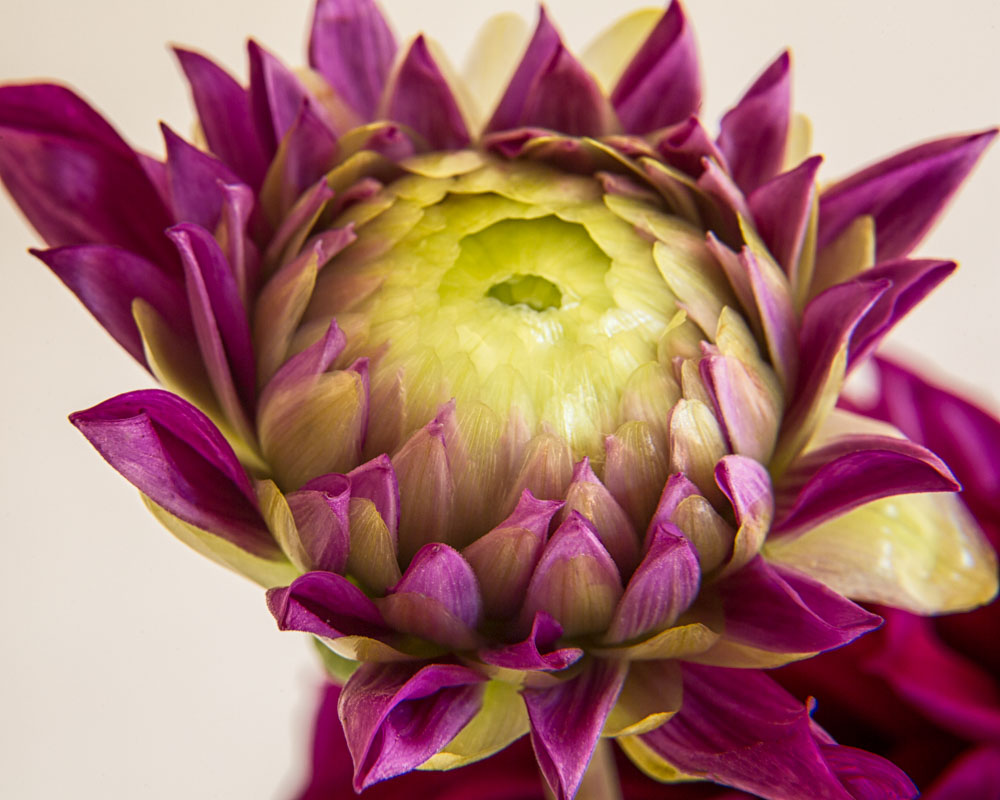
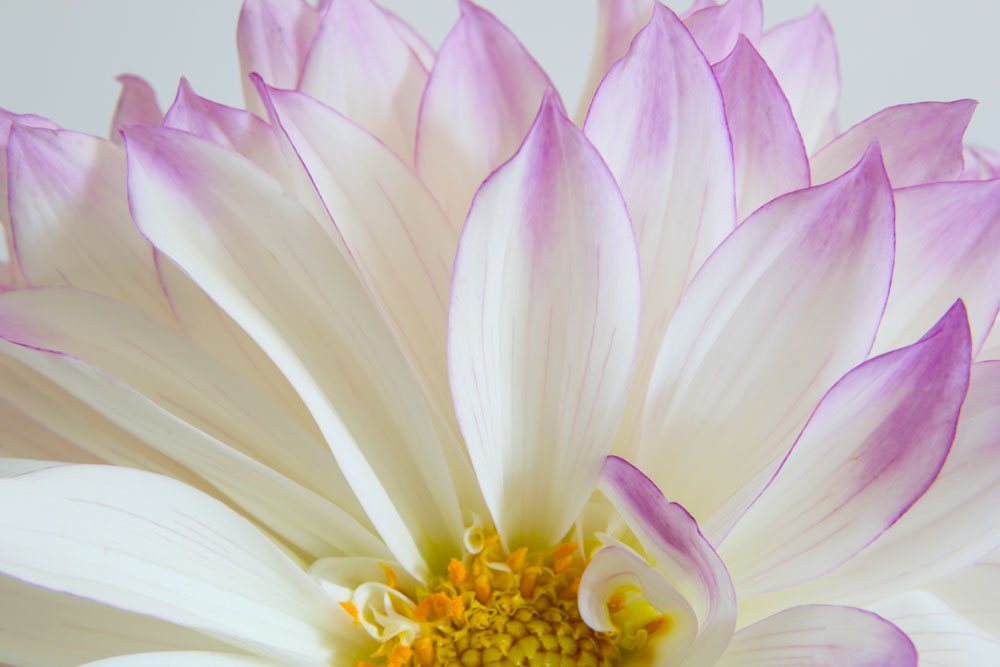
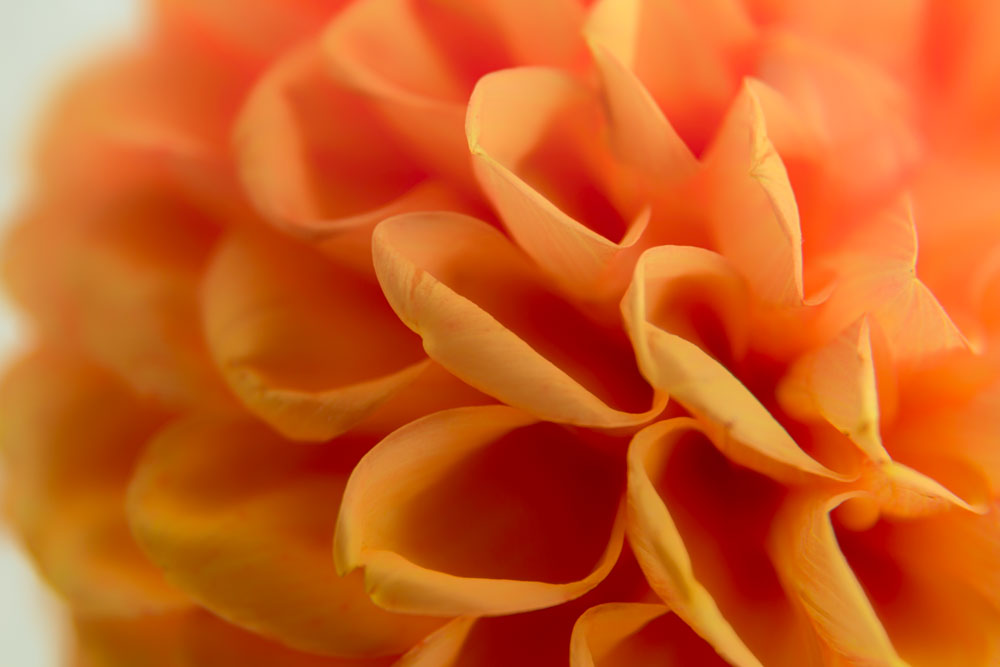
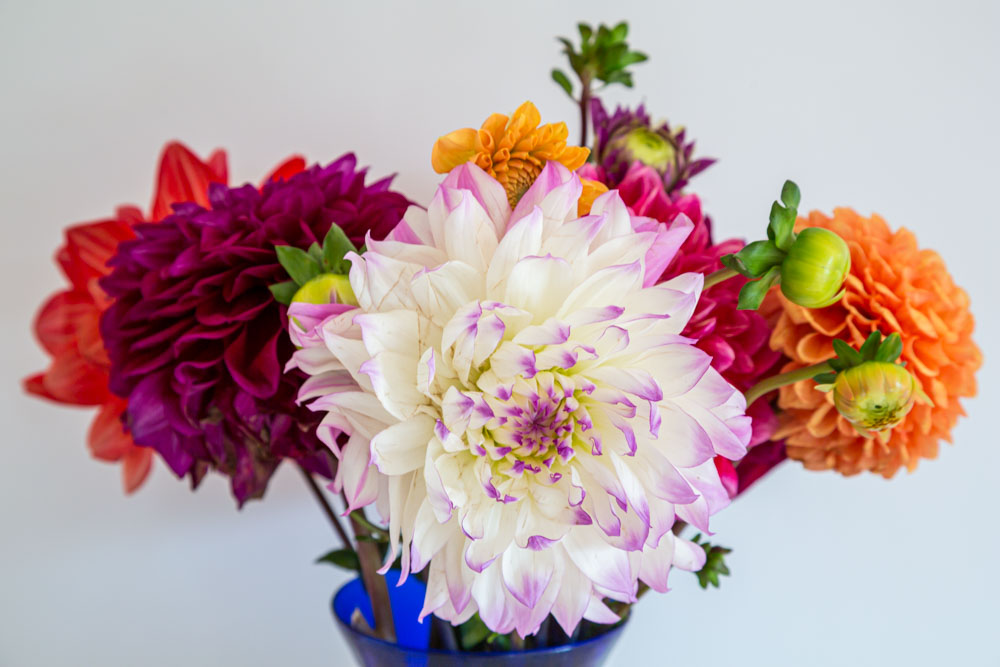
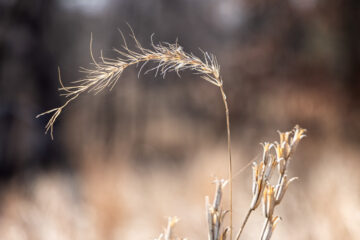
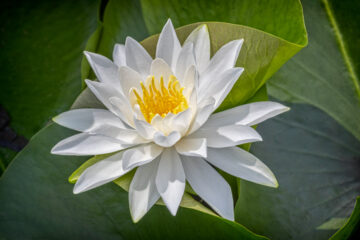
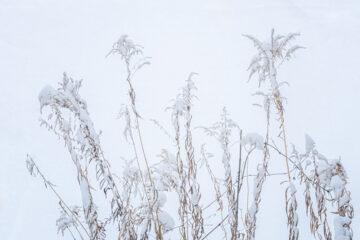
2 Comments
Rita · September 30, 2020 at 9:54 pm
yeah-I couldn’t watch-didn’t even try. I will try and check out some of these books though. Thanks! Gorgeous pictures!! Just love seeing them-they make me smile!
Marilyn · October 1, 2020 at 3:21 pm
Thanks Rita. It makes me smile to think of you smiling at my photos.